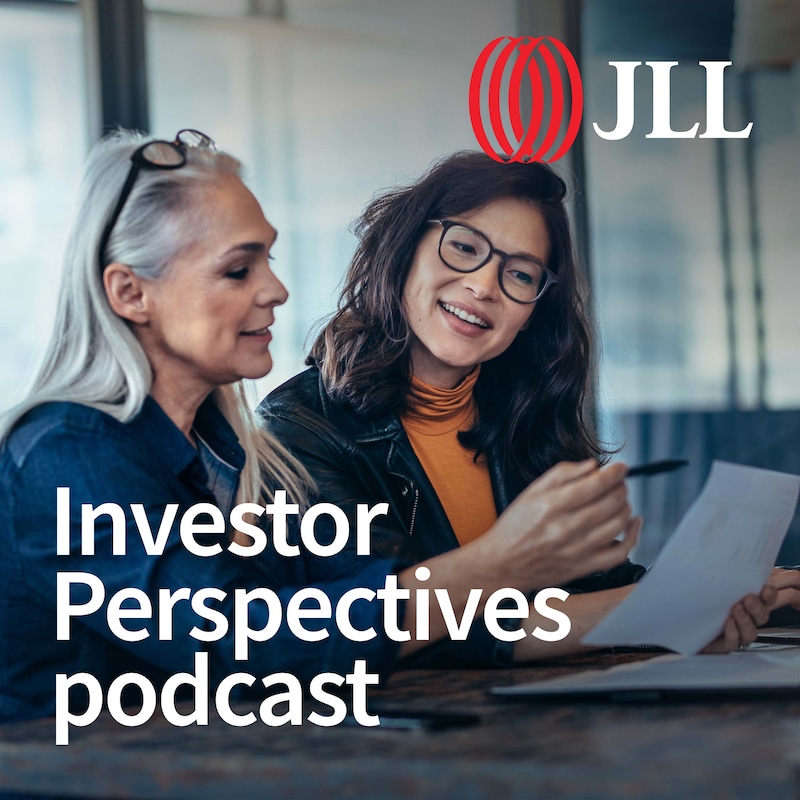Corporate finance heads are increasingly turning to their existing real estate as a source of liquidity in the uncertain economic environment.
Sale-and-leaseback deals – where companies sell their real estate, then lease it back from the new owner – have been on the rise in recent years. But there has been a greater focus on them in recent months as the global pandemic sent companies hunting for strategies that boost equity.
In this podcast, our host, Art Patnaude, has a dialogue with JLL’s Regina Lim, Head of Capital Markets Research, Asia Pacific, speaking to us from her home office in Singapore.
The topic at hand - Why is COVID-19 accelerating corporate sale-and-leaseback activity.
In the last four years, there has been a 50 percent increase in sale and leaseback deals in Asia Pacific, with growth three times faster than the overall investment volumes in the region, according to JLL data. There was US$12 billion of such deals in 2019 alone.
Regina explains why this rise is set to continue, “The economic uncertainty is forcing businesses to think about flexibility and agility. The benefits of unlocking liquidity through sale and leasebacks is even more obvious. Owners can use the extra capital to pay down debt, reduce interest expense, or reinvest to drive the next stage of growth.”
“COVID-19 has been like a reset, forcing a lot of companies to re-examine the way they deploy their capital to get the best return,” confirms Regina.
Large supermarket and retail chains with industrial property on their books are top among those considering sale and leaseback strategies as they reassess strategies.
“Traditionally Asian businesses have preferred to own a property over leasing it but this is gradually changing as asset prices continue to increase," says Regina. “We're seeing a lot more activity from niche players like family offices and private equity funds who are under invested in Asia Pacific real estate and value stable income generating assets.“
That trend will continue through and beyond COVID-19.
